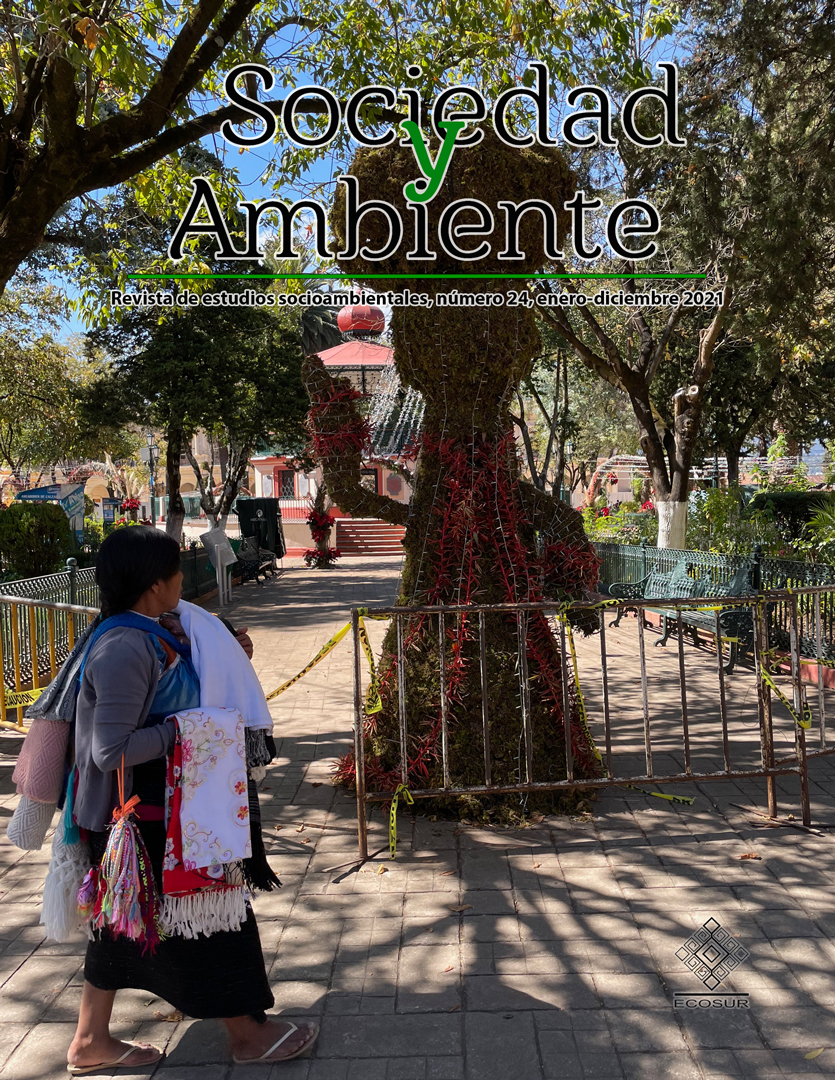Abstract
Agriculture has been important for the sustenance of diverse populations. The demand for food has been on the rise and, with it, agricultural systems have undergone modifications, moving from small to large-scale productions. Multiple problems point to the unsustainability generated by these changes. The article's objective is to analyze agroecology's relevance to link production with commercialization and thus contribute to family sustenance. Our case study is a group of rural women of indigenous origin with two decades of continuous work. We based the approach on ethnographic work through a semi-structured interview and participant observation. The results indicate that the women's group has combined the traditional knowledge acquired in their domestic units from actors outside their community, generating a sustainable agriculture model. The article's implications relate to production and agroecological products' trade, where intermediary institutions' role is fundamental. The writing's value lies in presenting a successful case study in the sustainable management of agri-food resources. The conclusions show that agroecological principles make it possible to sustain the agroecosystem, favor social ties and contribute to family sustenance.

Sociedad y Ambiente by ECOSUR is licensed under a Creative Commons Reconocimiento-NoComercial-SinObraDerivada 2.5 México License


